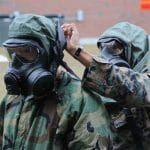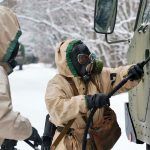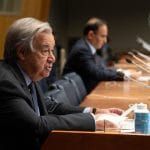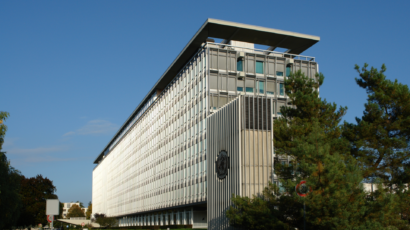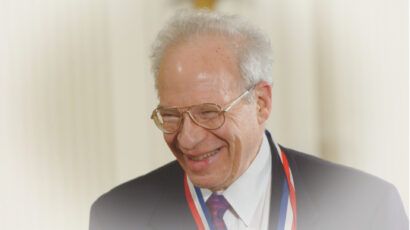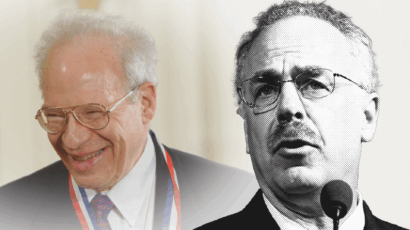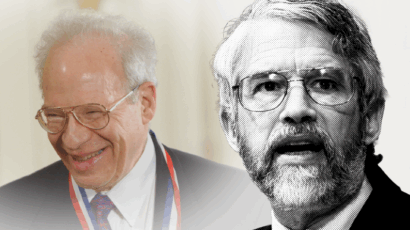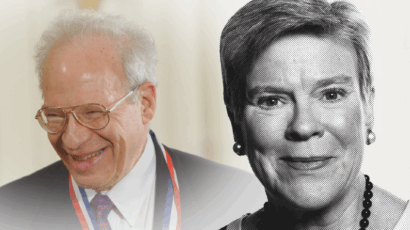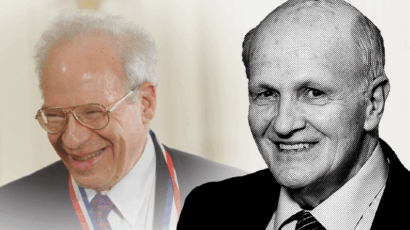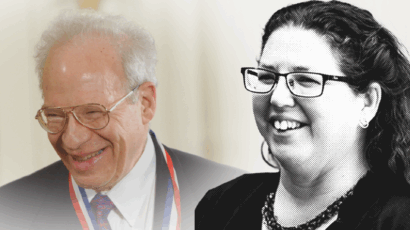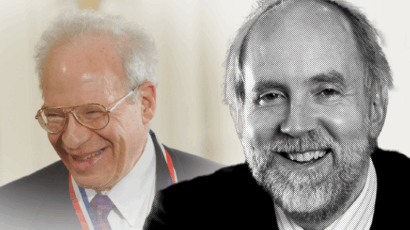Russia appears to be using chemical weapons in Ukraine. And admitting it.
By Matt Field | March 15, 2024
 A news clip from Russian state-controlled TV shows what experts and the US government claim is a soldier talking about using chemicals as weapons. Credit: Channel One.
A news clip from Russian state-controlled TV shows what experts and the US government claim is a soldier talking about using chemicals as weapons. Credit: Channel One.
Ukraine claims there has been a dramatic spike in Russian use of banned chemical weapons since the beginning of the war there two years ago. A quarter of the alleged chemical attacks in the war occurred in the month of February, the Ukrainian military reported recently.
According to an article in Forbes, the Ukrainian general staff reported 81 chemical attacks in December. Reuters reported that a general staff statement claimed those numbers rose to 229 in January. (The wire service said that the military press release mentioned only CS, a form of tear gas.) Then in February, the Kyiv Post reported that Russia hit Ukraine with tear gas 250 times. The paper said that there have been1,068 tear gas attacks since the war began.
The Chemical Weapons Convention, the treaty banning chemical weapons, bars militaries from using tear gas in fighting (even as it allows domestic law enforcement to use the chemicals). The tear gas category comprises several different chemicals that while designed to incapacitate targets, can be lethal in certain conditions, such as when used in large quantities in closed-in areas. Known formally as riot control agents, the chemicals are considered chemical weapons when used as a “method of warfare.” With Russia apparently making significant use of a banned weapon (and, at least in one case, apparently acknowledging the violation), experts are speculating about why.
For Lennie Phillips, a former inspector for the Organisation for the Prohibition of Chemical Weapons (OPCW), which implements the Chemical Weapons Convention, some of Ukraine’s claims appear credible, including a segment on Russian state-controlled TV that included an interview with a man the US embassy in The Hague reports is a Russian soldier discussing the effectiveness of chemicals as weapons. “The piece on Russia’s Channel [One] alone makes the use of tear gas by the [Russian Federation] very credible,” Phillips, now a research fellow at the UK defense think tank RUSI, said.
According to the US embassy’s translation of the May new clip, a soldier tells an interviewer, “Now that we have started using them, the enemy has decided gas masks would help. The gas masks don’t help.” (Gas masks do in fact protect against tear gas and are a regular part of military training. ) Phillips also cited numerous photos and videos that suggest Russian troops have “easy access” to grenades for riot control agents as adding to the credibility of the Ukrainian claims.
The increased Ukrainian allegations of Russian chemical attacks may reflect an emphasis on reporting incidents and not a true increase in chemical weapons use, Phillips cautioned. Ukrainian officials have also alleged that Russia has used other chemicals, some also classified as riot control agents. Phillips called those assertions “less clear.”
Russia’s apparent use of tear gas in Ukraine—and that it has seemingly advertised having used the chemicals—has Phillips and others wondering about Moscow’s intentions.
The Ukrainian claims of tear gas use were raised within the OPCW numerous times in 2023, Phillips said. That the allegations of Russian chemical weapons use have continued into this year suggests Russian leadership supports the tactic and shows “that Russian troops see some sort of military value in using [riot control agents] which raises the potential of escalation with other toxic chemicals.”
According to the Forbes article, the Ukrainian reports of Russian tear gas use “provoked violent responses” and exhortations for Ukrainians to use dangerous chemicals on Russians. Chemical weapons expert Dan Kaszeta, also a fellow at RUSI, told the outlet, “This is exactly the sort of knee-jerk stupid nonsense that Russia is trying to provoke with tear gas. It wants to provoke war crimes.”
In 2022, the OPCW said that it was monitoring the situation in Ukraine, including chemical facilities there. It has received dozens of pages of allegations from Ukraine and Russia, which also claims that Ukraine has used banned chemicals. Both countries have denied the other’s assertions. Both are members of the Chemical Weapons Convention, as is nearly every country on the planet. The OPCW didn’t respond to a request for comment for this article. Phillips said the organization could send staff to investigate allegations of chemical weapons use or to provide other forms of assistance. “I would be disappointed if none of these options were being explored,” the former OPCW inspector said.
Together, we make the world safer.
The Bulletin elevates expert voices above the noise. But as an independent nonprofit organization, our operations depend on the support of readers like you. Help us continue to deliver quality journalism that holds leaders accountable. Your support of our work at any level is important. In return, we promise our coverage will be understandable, influential, vigilant, solution-oriented, and fair-minded. Together we can make a difference.
Keywords: Russia-Ukraine war
Topics: Chemical Weapons

